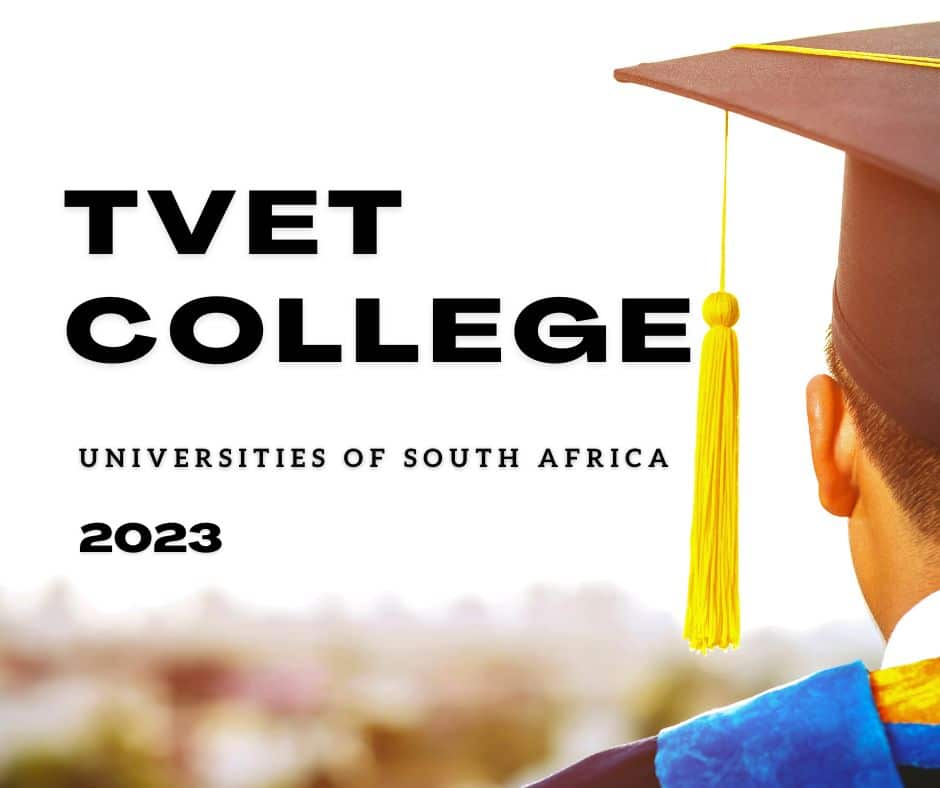You’ve taken the first step on your journey toward a vocational or technical career by considering a Technical and Vocational Education and Training (TVET) college. These institutions provide hands-on experience, practical skills, and direct pathways into many thriving industries. But one critical question remains: How much will it cost to complete a year of full-time study at a TVET college? Let’s delve into it!
1. Understanding the Basics of TVET College Costs
Before diving into specific costs, it’s important to clarify that the total fees will vary. TVET colleges, like all educational institutions, have their own fee structures. These depend on factors such as the course or program, the length of study, the geographic location, and the resources required for training. As per UniAdvisor, you might expect the cost of one year of full-time study to range from $1,500 to $6,000, although exceptions may apply.
2. Breaking Down the Tuition Costs
Let’s begin with the most significant component: tuition. Tuition fees are what you pay for the actual instruction, the heart of your educational experience. They cover everything from lectures and laboratory sessions to workshops and training exercises.
For most full-time TVET programs, the yearly tuition cost typically ranges from $1,000 to $4,000. However, highly specialized or resource-intensive courses (like aviation technology or marine engineering) might command higher fees.
3. Decoding the Course Material Costs
Next, consider the cost of course materials. These include textbooks, online resources, workbooks, and software, all crucial to mastering your chosen field. Depending on the course, expect to budget between $200 and $800 per year for materials.
Keep in mind that some clever strategies can help minimize these expenses. For example, buying used textbooks or renting them, accessing library resources, or sharing costs with classmates.
4. Understanding the Practical Training Costs
Practical training or workshop fees are another cost to consider. As TVET colleges focus on vocational skills, practical sessions are a significant part of the curriculum. They may include materials for crafting, special protective clothing, tools, or usage fees for specific equipment.
The costs for this category can vary greatly, based on the nature of your course. For instance, a culinary course will have different practical training costs than an automotive repair course. In general, expect to budget anywhere from $100 to $2,000 per year for these costs.
5. Navigating the Miscellaneous Costs
There are also miscellaneous costs to factor into your budget. These may include application fees, examination fees, registration fees, or facility usage fees. While each of these may not be significant on their own, they can collectively add a few hundred dollars to your total cost.
6. Weighing Accommodation and Living Costs
Lastly, don’t forget about accommodation and living costs. If you’re moving away from home to attend your TVET college, you’ll need to budget for rent, utilities, groceries, and other living expenses. While these aren’t directly part of your education costs, they are essential to consider. The cost of living varies widely by location, but generally, you might budget anywhere from $6,000 to $15,000 per year for this.
In Summary
To summarize, the estimated cost for a year of full-time study at a TVET college varies considerably depending on numerous factors. As a general estimate, though, you might budget between $8,000 and $23,000 per year for tuition, course materials, practical training, miscellaneous fees, and living expenses.
